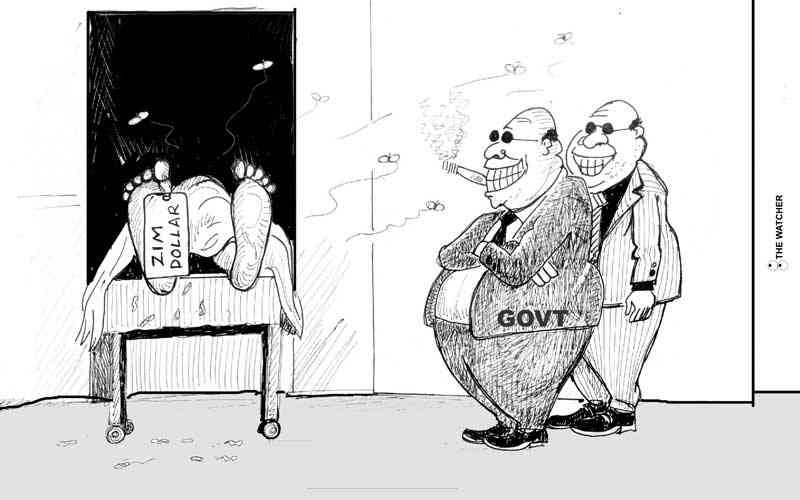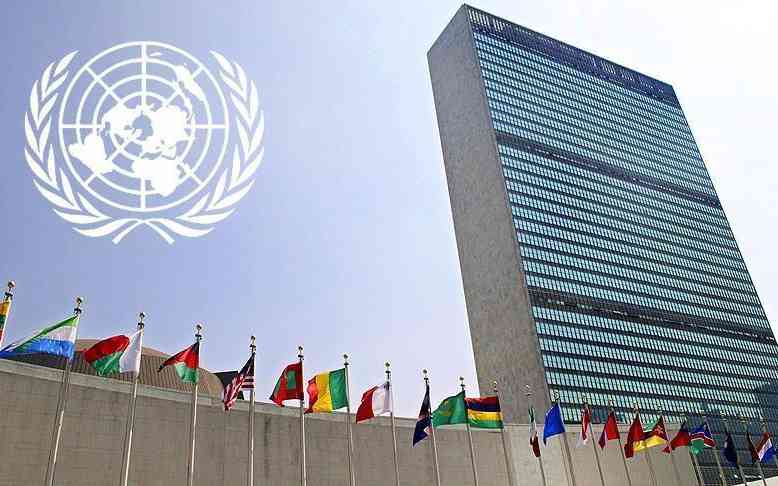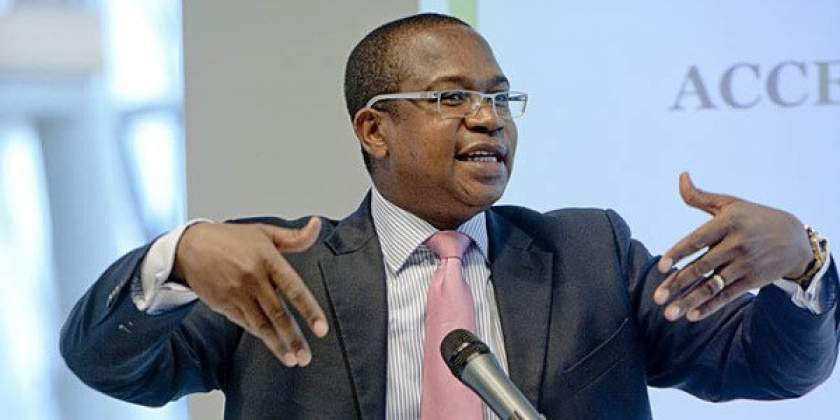
By Emmanuel Zvada “LET’S schedule a meeting” has become the universal default response and norm in most organisations, but are they really necessary and are they effective. Working in the corporate world, I have attended a lot of meetings many of which were routine like weekly or monthly staff meetings and other unplanned meetings. Tell you what, some of them were boring and not effective at all. Don’t get me wrong, I don’t mind meetings, in fact let me rephrase that — I don’t mind productive meetings. The real key to a successful meeting is planning. Holding effective meetings is crucial to the function of any company or organisation.
Only have meetings when necessary
I know this sounds like a no brainer but, there are lots of people who call meetings for everything. Don’t call a meeting when a phone call will do the trick. Say you need to have a meeting to avoid dealing with an issue. There are only three real reasons to have a meeting: to convey information, to identify problems, and to make decisions. The danger of calling a meeting without planning or an agenda is that it shifts focus, takes too long, does not actually produce the change it is intended to bring, and is actually where managers or superiors tell their subordinates what to do and when to do it.
Have an agenda for the meeting
It’s very important to have agendas when holding meetings as agendas specify what the action items are and who are the responsible people. In actual fact this allows attendees to leave meetings knowing what must be accomplished before the next meeting in particular not guessing as they will be guided by the agenda. If a client wants to see you, ask for a quick overview of the meeting agenda. If it’s a first meeting, be prepared to talk about your background, your company’s history, and similar projects you have worked on. This is also true with internal meetings, you should be prepared to discuss what you can bring to the project and any other related experience.
Don’t ambush participants to speak
If you expect others to talk or present, tell them in advance. When you distribute an agenda, let the participants know if you expect something from them. If you want someone to provide the latest data or information, let them know. If you want people to come prepared to make a decision, tell them. For meetings to be effective and interesting, participants should know each other. It is very crucial to encourage and stimulate discussion among participants. It is important in a meeting to ensure that everyone has had the opportunity to be heard. An effective meeting is where people are interested and engaged.
Manage distractions and have etiquette during meetings
- Chamisa under fire over US$120K donation
- Mavhunga puts DeMbare into Chibuku quarterfinals
- Pension funds bet on Cabora Bassa oilfields
- Councils defy govt fire tender directive
Keep Reading
Distractions can mess up a meeting if not handled well. Smartphones and texts should not be excuses to mentally or physically leave a meeting. When we bring our devices to a meeting, it’s to help us be more efficient and productive, not to interrupt the meeting. Manage sounds on your devices. Unless it’s an emergency, most of the calls we get during meetings can wait until after it’s over. There is no need to interrupt the meeting to take a call, so it’s key to set ground rules that every phone should be put on silent mode or better still, turned off. You can also mention that if anyone has to urgently take a call, they may quietly leave the room and answer it outside or at a break. If need be, you can tell a colleague prior to the meeting that you will be unavailable for the next hour and get back to them later.
Stick to time
Timing is essential. Ask someone to keep track of time. If the meeting is supposed to last for one hour, the timer can alert you when there is still 15, 10 and finally five minutes to go. When holding meetings, you should be disciplined and start the meeting on time, regardless of attendance. This will help you adhere to time and encourage participants to arrive promptly at future meetings. Meetings should be brief and should only include relevant details for the agenda. It should be noted that even the best-planned meeting may end up boring and time consuming, especially if the discussion is disrupted and diverted from the meeting agenda. Most of the meetings fail because of that. To avoid that, the chairperson should always be ready to redirect the participants to the agenda of the meeting. He or she is supposed to list the main points to be discussed and stick to them, establish ground rules and a specified time for each item on the agenda list.
Take minutes during meetings
Minutes are not a transcript of everything that was said during a meeting. Instead, they are a summary of the main points attendees discussed and the subsequent action points that they decided upon. Creating a record of what action was taken and what needs to be done is important during meetings. The minutes must be entirely neutral and not express any preference of ideas or attendees. The document you produce should provide an unbiased overview of the discussions and decisions made.
Summarise the agreed key decisions and actions
Tasks and action items are the most important outcomes of a meeting. Many a time people leave the meeting without clarity about what was agreed upon and who will do what and when. Sharing a summary of the meeting is very crucial as it gives direction and helps, especially when doing follow-ups for the next meetings. Doing the aforementioned is important as it helps to clarify and have the participants focused, enabling them to make clear decisions and move on.
Give closing remarks and thank everyone
There is almost always one last thing to say, even after the closing remarks. The end of the meeting is also the time to thank anyone who has not been thanked at the beginning of the meeting, or anyone who deserves a second thank you. In the closing remarks, the chairperson, or participants may want to discuss the date and time for the next meeting, when the minutes will be available, or when a decision should be made.
Meetings are important, but it doesn’t mean that they are always productive. It’s important to first learn how to conduct successful meetings before expecting everything to go smoothly. Badly managed meetings can also have a negative effect on employee morale and teamwork. Create a company culture where meetings are valued and respected. If you allow people to be consistently late or arrive unprepared, you are diminishing the importance of the meeting
- Emmanuel Zvada is a human capital consultant and international recruitment expert.











